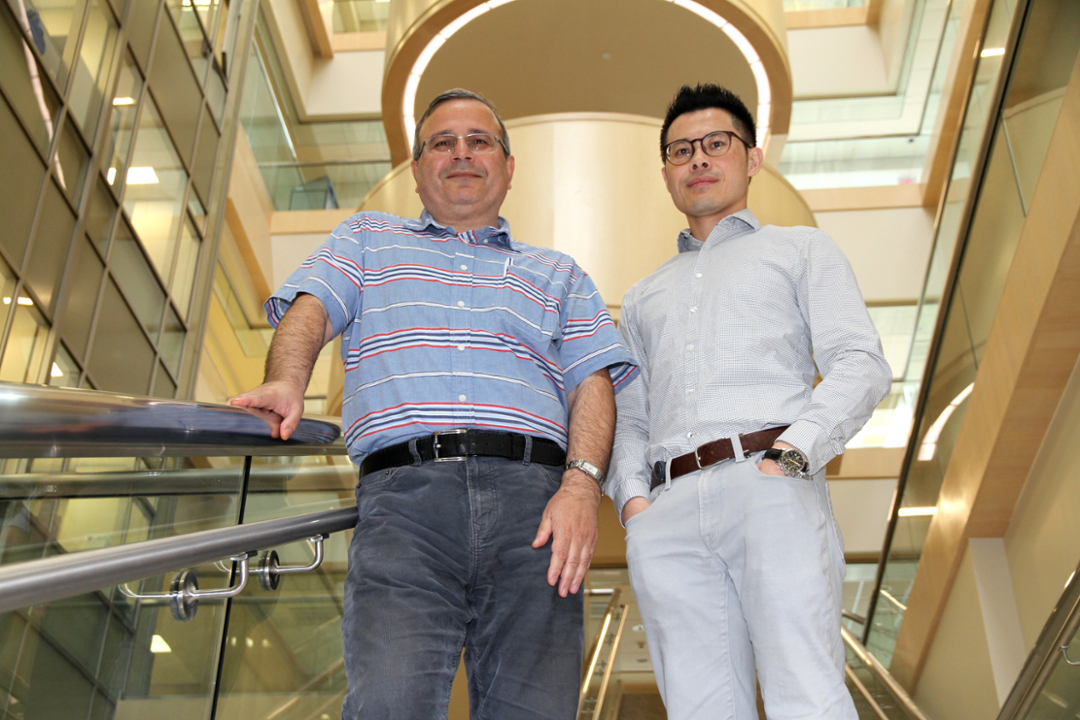
Improving concussion tests and treatment
Imagine a portable and inexpensive sideline or roadside test to quickly and accurately determine if you have suffered a concussion in a game or car accident, and a hand-held device to immediately begin treatment.
By JAMES SHEWAGAFor University of Saskatchewan researcher Changiz Taghibiglou and his colleagues, there is hope that day might not be far off.
“It is a very serious matter, so that is why we are excited about the prospect of improving quality of life for people with traumatic brain injuries,” said Taghibiglou, an associate professor of pharmacology in the College of Medicine and a member of the Neuroscience Research Cluster at the U of S. “We are still in the research stage and showing great potential, but it will take time. But the goal is one day we want to take it to the field and be able to help people.”
Over the past seven years, Taghibiglou has been working on improving tests for traumatic brain injuries, publishing research that successfully identified protein biomarkers in a patient’s blood that accurately determines whether an individual has suffered a concussion. Further research found a second biomarker that can pinpoint the severity of the brain injury, using a simple blood test that could be used on the sidelines or on the bench during sporting events, at the scene of an accident, on the battlefield, or in the emergency room.
“We can determine if the person suffered from a concussion brain injury and also which level of severity it is,” said Taghibiglou, who successfully tested his research with U of S Huskies athletes. “These two biomarkers that we have identified can go together in a kit. That is our ultimate goal: To put them in a diagnostic kit that can be used by emergency medical personnel and in emergency rooms, or by team physicians or military doctors. It works, but it needs investment from industrial partners to develop.”
Read more on the University of Saskatchewan website.
